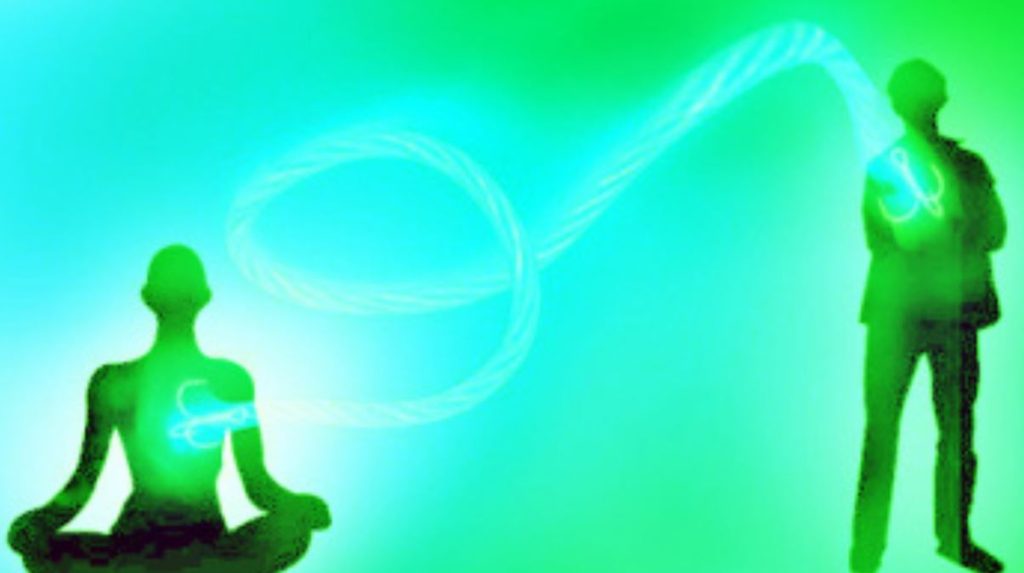The grave magnitude of the Brazilian crisis is such that we lack means of explaining it. Trying to go beyond the classic approaches of critical sociology or history, I have invoked the explanatory capacity of the psychoanalytical categories of “light” and “shadow;” generalized as personal or collective anthropological constants. I tried out a possible understanding that comes to us from the theory of chaos, an important chapter of the new cosmology, because from this chaos, in a situation of the highest complexity and relationship interaction, life as we know it arose, including our life. This has proven to be capable of identifying that Powerful and Loving Energy that sustains everything, the Generating Principle of all Beings, and of opening to Him with veneration and respect.
I ask myself what other categories in the repository of human wisdom could shed light on the darkness in which we all are now submerged. Then I remembered a telling dialogue between the great British historian Arnold Toynbee and eminent Japanese philosopher Daisaku Ikeda, that took place over several days in London. (cf. Choose life, Elige la vida, Emece. Buenos Aires 2005) Toynbee and Ikeda both believe that karma is real, be it personal or collective. Putting aside the different interpretations that have been given to karma, it seemed to me that this is a category of the highest antiquity, used by Buddhism, Hinduism, Jainism, and Spiritualism to explain personal and collective phenomena.
Originally, Karma was a Sanskrit term meaning strength and movement, centered in the word “action” that provokes a corresponding“reaction”. This collective aspect seemed important because I do not know (I could be wrong) of any conceptual category in the West that explains the historic evolution of entire communities and their institutions in their positive and negative dimensions. Perhaps, given the strong individualism that is typical of the West, the conditions needed to give rise to a sufficiently embracing concept have not yet been present.
Each person is marked by the actions taken in life. This affects not only people but the whole environment. It is about a sort of ethical current account whose balance is in constant flux, according to the good or bad actions realized; the “debits” and “credits”. Even after death, the person, in Buddhist belief, carries this account into all future rebirths, until the negative ledger diminishes to zero.
Toynbee gives it another twist that is illuminating and seems helpful in understanding our history. History is comprised of inter-related networks, into which each person is inserted, linked to those that preceded the person and those in the present. There is a karmic functioning in the history of a people and its institutions, according to the levels of goodness and justice, or evil and injustice they produced over time. This is a kind of a heritage that remains, impregnating everything. The hypothesis of the many rebirths is not necessary, because the network of connections guarantees the continuity of a people’s destiny (p.384). The karmic realities impregnate institutions, landscapes, shape the people and mark the singular style of a people. This karmic force operates throughout history, marking the facts, be they beneficial or malignant. C.G.Jung somehow noted that in his archetypical psychology.
Let’s apply this karmic law to our situation. It is not hard to recognize that we carry a very heavy karma, derived in great part from the genocide of the Native nations, the super-exploitation of the slave workforce, the injustices perpetrated against large parts of the Black and Mestizo populations, relegated to the peripheries with families destroyed and corroded by hunger and disease. The Way of the Cross of the suffering of those sisters and brothers of ours has more stations than the Way of the Cross of the Son of Man when He lived and suffered among us. There is no need to mention the other evils.
Both Toynbee and Ikeda agree: “modern society (we included) can only be cured of its karmic charge through a spiritual revolution in the mind and heart” (p.159), along the lines of compensatory justice and healing politics with just institutions. Without this minimal justice, the karmic charge will not be dissolved. But that alone is not enough. There must be love, solidarity, compassion and a profound humanity for the victims. Love will be the most effective motor because, deep down, “love is the last reality” (p.387). A society that is not capable of effectively loving and of being less perverse will never overcome a history so marked by its karma. This is the challenge of our present crisis.
This is what the masters of humanity teach, such as Jesus of Nazareth, Saint Francis of Assisi, the Mahatma Gandhi, Martin Luther King, Jr, the Dalai Lama and Pope Francis. Only good karma redeems the reality of the force of evil karma.
If Brazil does not make this karmic reversion, Brazil will keep struggling from crisis to crisis, destroying her own future.

